How to Succeed as a Teen Writer, a guest post by Olivia Smit
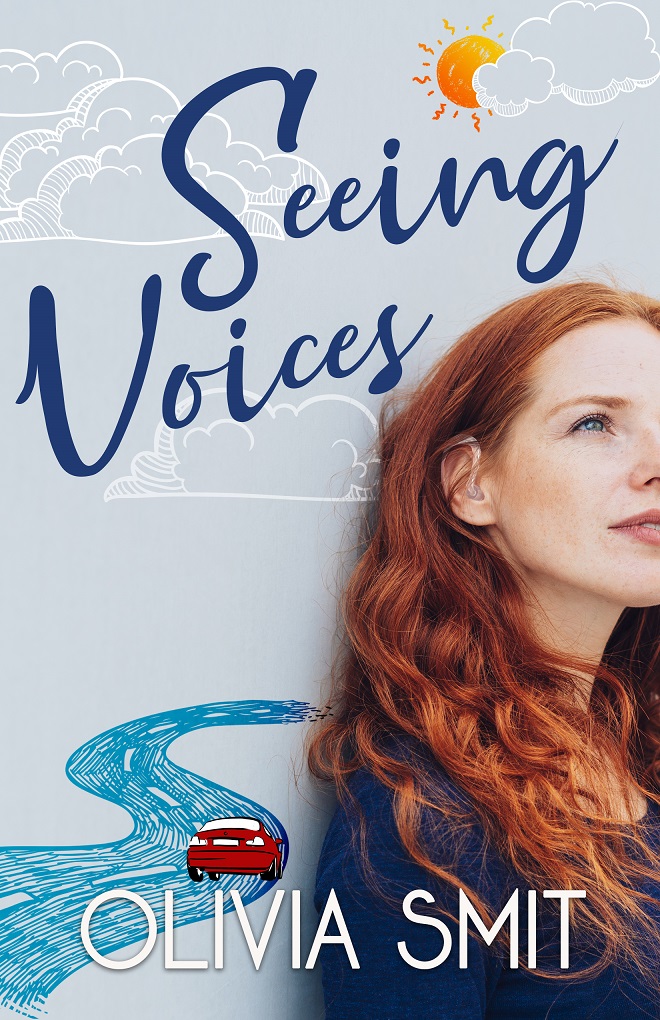
The gift of writing and sharing stories is such a valuable one, but it can be incredibly difficult … especially if you’re young! Although I’m not a teenager anymore (I’m only 23, though, so I’m still pretty close), I still remember trying to figure out my writing journey in my teens. What was my process going to look like? What kinds of stories did I want to tell?
I am FAR from a perfect author, but over the years I’ve come up with a few pieces of advice that I think are especially useful for teen writers, and it’s a joy to share some of them with you today.
ADVERTISEMENT
ADVERTISEMENT
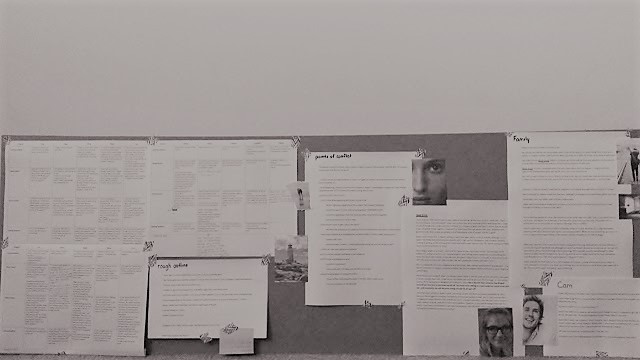
Read. Often.
Maybe this seems too obvious. Maybe it seems too simple! But the best advice I can possibly give you – or any author, of any age! – is to keep reading. A lot of the time, especially if your schedule is crazy (Assignments! Social life! Part-time jobs!) it can be easy to prioritize your writing time above your reading time. Some authors stop reading altogether! The problem with this is while it may initially give you more time to write, eventually, if you close yourself off to all other words except your own, the quality of your writing will suffer.
Think about it this way: if you stop reading and just write all the time, you’re kind of putting yourself in a closed loop. After a while, you’ll be so used to your own words, style, and quirks, your creativity and originality will suffer. You need to keep reading so that your brain is forced to encounter and process ideas and words that are different than your own! The creative side of your brain is a muscle … don’t let it atrophy! Keep feeding it with the words of others so that it will stay strong enough to fuel your own writing.
Understand the two types of writer’s block.
Sometimes, when I’m writing, I get stuck. Everyone does! Some people call this “writer’s block” … and others insist that it doesn’t exist. I’m not here to argue about terms, but I will admit that sometimes when I’m writing, I lose motivation. Things get slow. My ideas seem to dry up. And this seems to happen for one of two reasons:
1. I’m not writing enough.
If I’ve been putting my writing at the bottom of the priority list, opening my Word document once or twice a week and half-heartedly putting down a few sentences, my lack of enthusiasm just breeds MORE un-enthusiastic writing. The best way to fix this is to put your writing back at the top of the priority list, set aside some serious time, and GET WRITING. At first it will be hard. Your writing will feel terrible. You’ll wonder if your entire career is over forever. But if you keep throwing words onto the page, eventually, you’ll find your stride. You’ll type something good – and then, your passion will start to return again.
2. Sometimes, I get stuck because I’m writing TOO MUCH.
If I’ve been spending hours a day on a manuscript, pouring all of my free time into my gloriously exciting story idea, sometimes I hit a point where I can’t think any more because I’m so tired. When this happens, I need to listen to my brain and take a break. Sometimes all I need is a day or two, and sometimes I need a week where I put my project away and consume other people’s words and stories again. I read books. I watch TV. I go for walks. I talk to my friends. And then, when my tank is feeling filled up and I have words in my head again, I go back to writing.
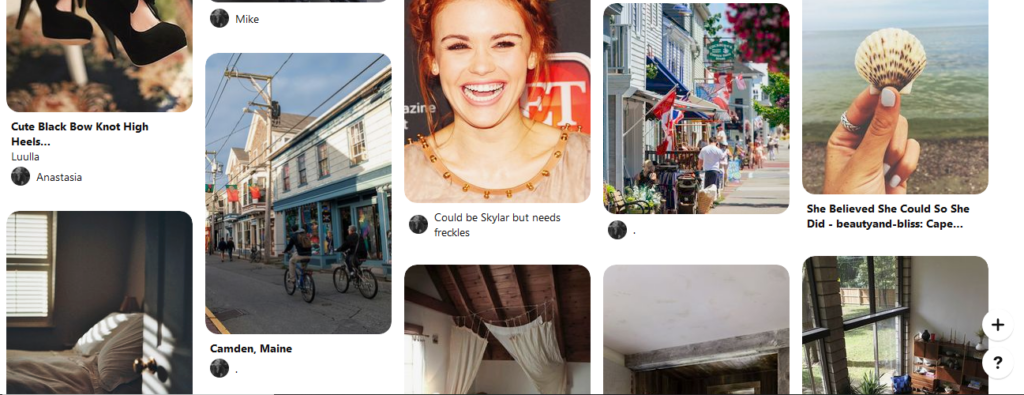
Take yourself seriously!
One of the most frustrating parts about being a teen writer (or a teen in general) is feeling like adults don’t really take you seriously. And there will be people who underestimate you just because of your age! This is why it’s so important to take YOURSELF seriously. If you can show people that you’re not messing around – you’re serious and passionate about writing amazing stories, no matter your age – most people will respect that.
Here’s the truth: you are just as good as many adult authors (and probably better than some of them) regardless of how old you are! Your age doesn’t determine the quality of your writing. Your hard work, talent, and perseverance does.
Don’t worry too much about your resume.
I started trying to find a publisher for “Seeing Voices” when I was around 20 years old, and when I started doing research into the publishing process I was immediately discouraged by my lack of qualifications. I didn’t belong to any writing guilds or societies. I hadn’t gone to any conferences. I didn’t have stories published in journals or magazines. I hadn’t won any awards. For a little while, I wondered if this would bar me from the publishing world forever! However, as I met other authors and continued to pursue agents and publishers, I heard a number of people say that the quality of the writing is the MOST important thing – more than your publishing qualifications or the number of followers you have.
Don’t be discouraged – and don’t waste too much time stressing about your lack of experience, education, or previously published pieces. Take all that energy and time and use it to keep working on your own writing skills, instead!
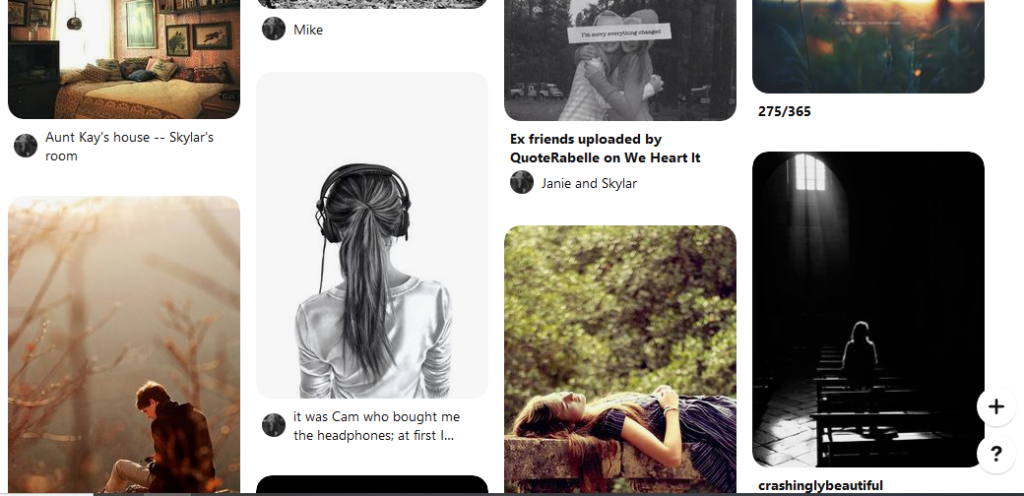
Do your research.
Don’t rush into the publishing process! A lot of teen writers are so eager to make a name for themselves that they rush through writing, editing, and even publishing their novel – and then look back and wish they’d taken a little more time to make sure it was perfect. It took me four or five years to write and edit “Seeing Voices,” and another ten months of querying before I signed my publishing contract! Take your time – and take advantage of the resources that are out there! The Go Teen Writers website (www.goteenwriters.com) helped me so much as a teen writer, and I still often look back at their posts when I need advice!
ADVERTISEMENT
ADVERTISEMENT
Wherever you are in your writing journey, I wish you all the luck in the world! Teenagers today are doing incredible things and writing amazing, beautiful stories: I believe in you as a young author, and I can’t wait to see your book on shelves soon.
Meet Oliva Smit

Olivia Smit loves baking, visiting small towns, and writing stories that face hard truth with hope and encouragement. Olivia has an Honours Specialization in Creative Writing, English Language, and Literature and lives in Canada with her family. Seeing Voices is her first novel. You can find her on Instagram and Twitter, and at her website, oliviasmit.ca.
Oliva’s local indie bookstore is Type Books in Toronto.
About Seeing Voices
Skylar Brady has a for her life—until a car accident changes everything.
Skylar knows exactly what she wants, and getting in a car accident the summer before twelfth grade isn’t supposed to be part of the plan. Although she escapes mostly unharmed, the accident has stolen more than just her hearing from her: she’s also lost the close bond she used to have with her brother.
When her parents decide to take a house-sitting job halfway across the province, it’s just one more thing that isn’t going according to plan. As the summer progresses, Skylar begins to gain confidence in herself, but as she tries to mend her relationship with her brother, she stumbles upon another hidden trauma. Suddenly, she’s keeping as many secrets as she’s struggling to uncover and creating more problems than she could ever hope to solve.
ISBN-13: 9781946531629
Publisher: WhiteFire Publishing
Publication date: 04/15/2020
Age Range: 13 – 18 Years
Filed under: Guest Post
About Amanda MacGregor
Amanda MacGregor works in an elementary library, loves dogs, and can be found on Twitter @CiteSomething.
ADVERTISEMENT
ADVERTISEMENT
SLJ Blog Network
Happy Poem in Your Pocket Day!
This Q&A is Going Exactly As Planned: A Talk with Tao Nyeu About Her Latest Book
More Geronimo Stilton Graphic Novels Coming from Papercutz | News
Parsing Religion in Public Schools
ADVERTISEMENT



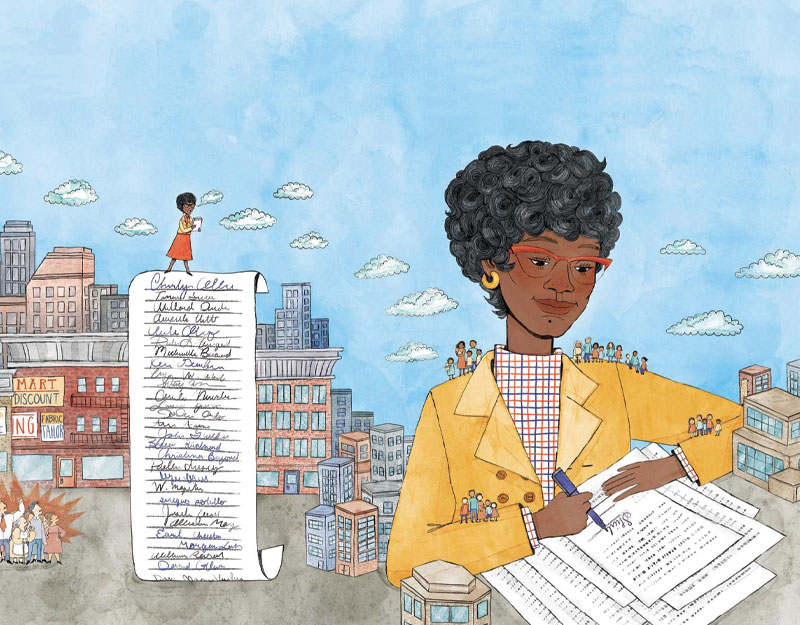
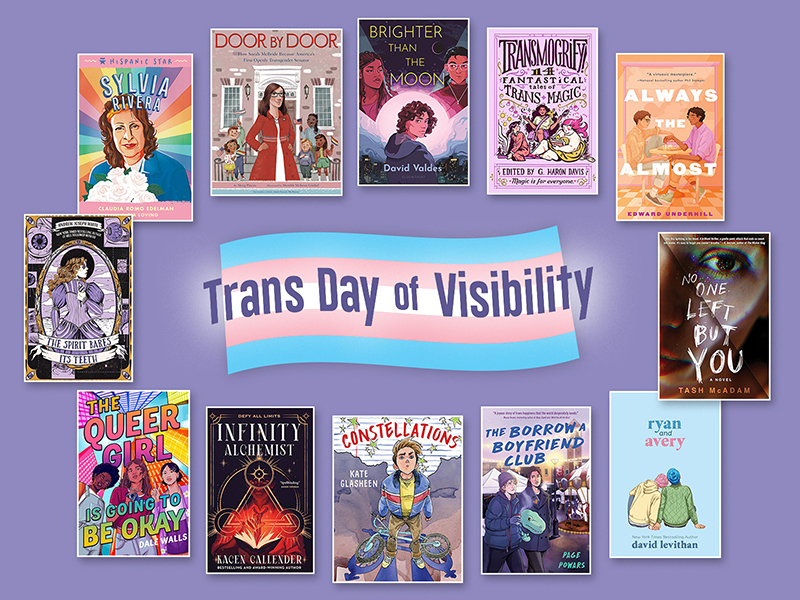
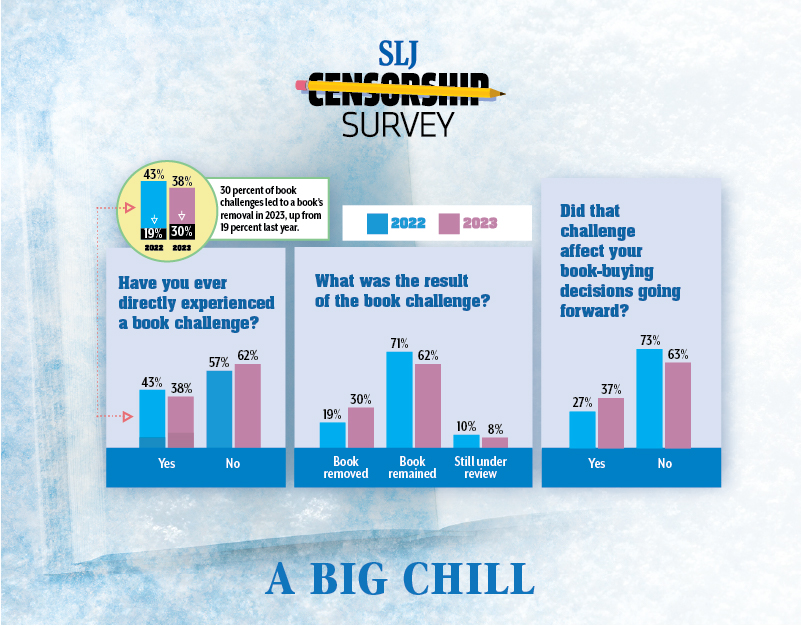


An amazing post with great tips as always. Anyone will find your post useful. Keep up the good work.
Children’s literature is one of the most important tools in every child’s developmental process. It provides them with so many benefits. First, it could be a way for them to respond to literature. Second, it helps them develop a lot of cognitive skills, demanding kids to think. Lastly, it will teach them many life lessons, in which they can carry out all their lives. You may also check my blog about Guide to Writing a Touching Children’s Book Hope this will help. Thank you.
Hi I’m not quite a teen but another option is to get a adult to help set up a gumroad account and publish ebooks and PayPal all the money goes to you. They keep PayPal and give you cash. So no one loses money only gains.
Also if your parents or yourself want to keep your name private make up a pen name. Make sure to Google search it in case some other famous person already goes by a name like yours. Also use wix or somthing similar to create a website as you might be too young to have social handles or you could get your parents to help. Btw you need your parents permission to do a lot of this stuff.